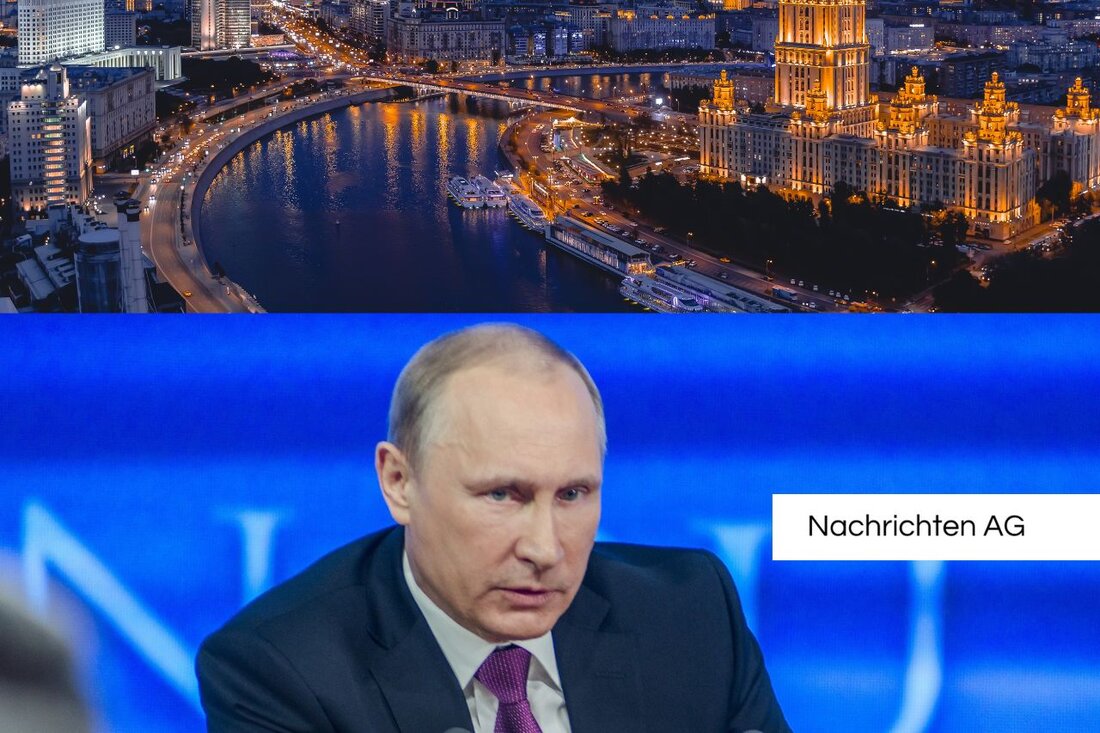Trump's demand: Germany plans massive increase in armor expenditure!

Trump's demand: Germany plans massive increase in armor expenditure!
Antalya, Türkei - On May 15, 2025, NATO member states are the focus of intensive discussions about future defense spending. US President Donald Trump has long been calling for defense budget to five percent of gross domestic product (GDP). Germany has signaled to support this requirement, which is praised by NATO General Secretary Mark Rutte. He emphasizes the importance of Germany in NATO, especially with regard to its economic output and the ability to counter security policy challenges. These messages came during a meeting of NATO Foreign Minister in Antalya, which served in the HAAG in the end of June.
At this summit, central points such as new skills and defense spending are to be determined. Rutte put a proposal in the room: by 2032, the member states could increase their military expenses to 3.5 percent of GDP and defense -related expenditure to 1.5 percent. Federal Foreign Minister Johann WadePhul (CDU) is not averse to this idea and sees the five percent as an ambitious goal. In his opinion, 3.5 percent could be sufficient for classic defense spending and 1.5 percent for militarily usable infrastructure.
controversy within German politics
Despite the positive response, there are critical voices in Germany, especially from the SPD. Vice-Chancellor and Finance Minister Lars Klingbeil is cautiously commented on WadePhoul's suggestions and emphasizes that the results of the NATO summit should first be waited for in June. It is crucial to find a common line with the NATO partners to strengthen security in Europe, especially in view of the threat of Russia.
The debate on defense spending is also shaped by the provisions of the coalition agreement, which should provide investments in the Bundeswehr and the ability to defend. Klingbeil and other politicians warn of premature stipulations and emphasize the need to neglect the security at the expense of other important topics such as climate neutrality and pensions.
Financial dimensions and international pressure
The financial aspects of defense spending are also important. Experts estimate that each additional percentage point in defense spending would cost around 45 billion euros. With an increase to five percent, this would be around 225 billion euros per year. Germany is currently investing more than 2 percent of its GDP in defense. The Bundestag has already promised funds to enable the Bundeswehr to strengthen.
Trump plans to discuss the increase in defense spending during the NATO summit. His criticism of the European NATO partners in the past led to an increased discussion about cost sharing. In this context, NATO plans to issue about 2.71 percent of its GDP for defense, which corresponds to a total of about $ 1.5 trillion. This shows the pressure under which European countries are in order to increase their contributions as part of NATO.
Overall, the discussion about the defense spending remains characterized by divergent views within German politics and the international pressure, the Trump's demands. The NATO summit in the Haag will be crucial for future defense policy and could have far-reaching consequences for the European Member States.
| Details | |
|---|---|
| Ort | Antalya, Türkei |
| Quellen | |
